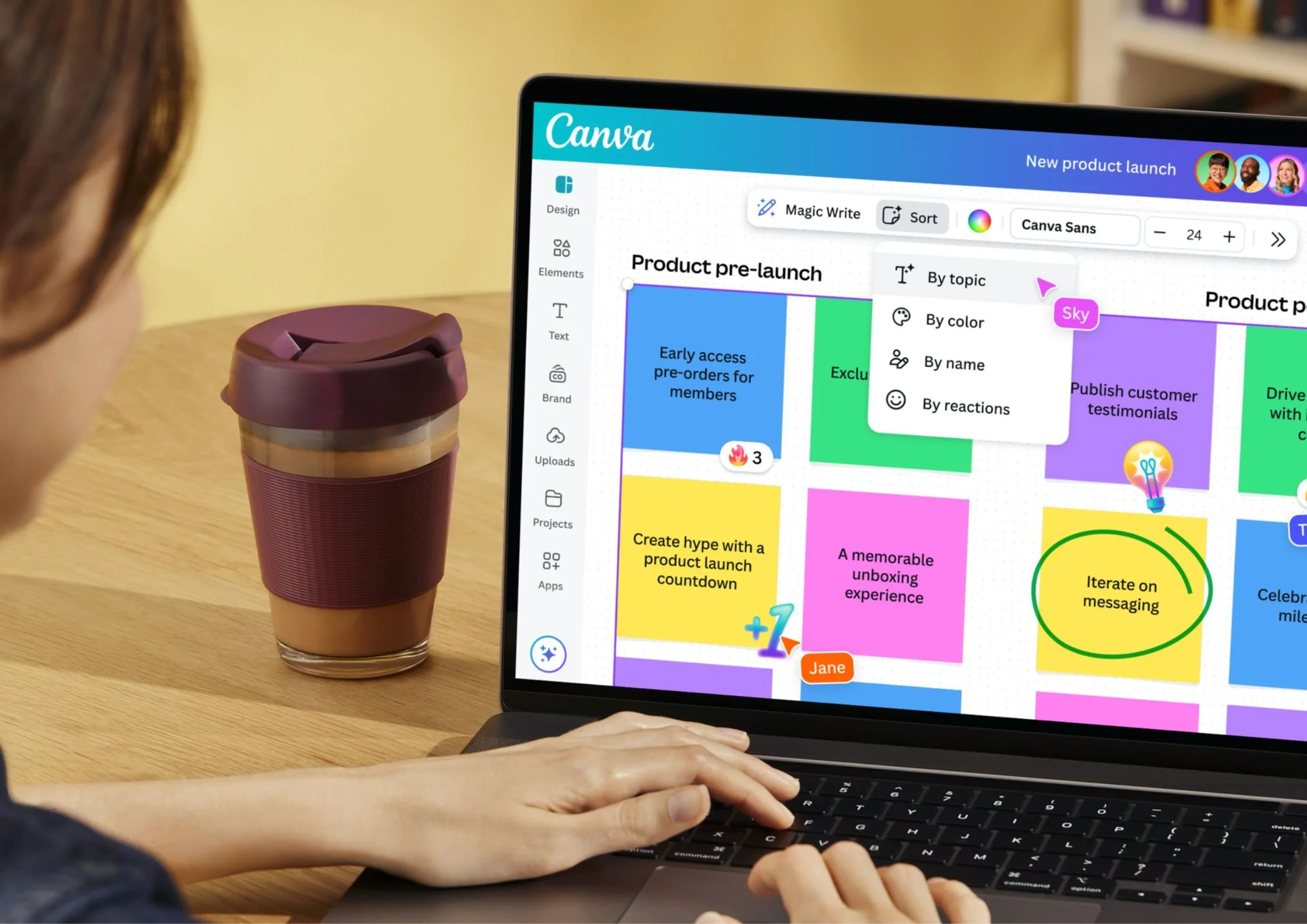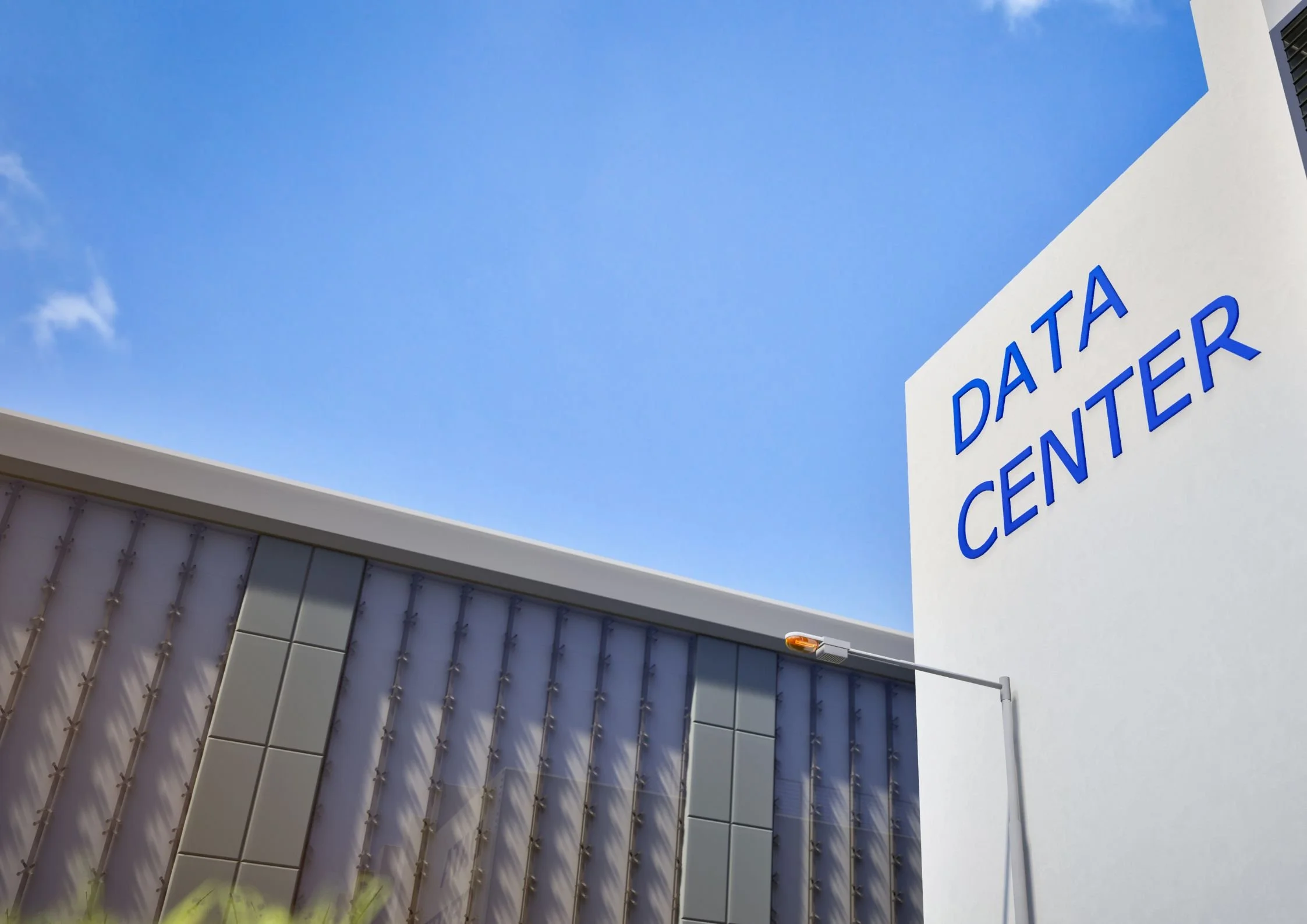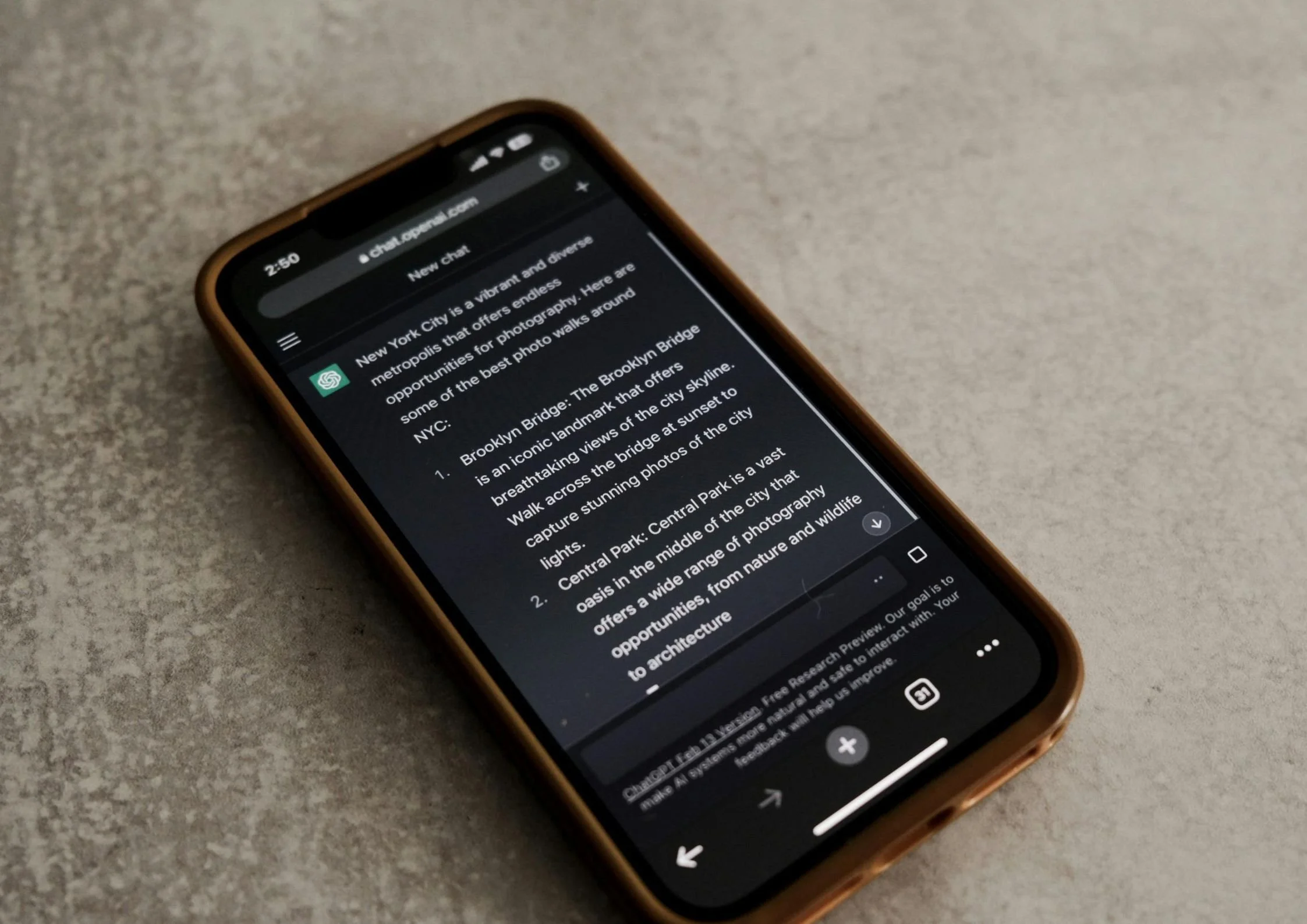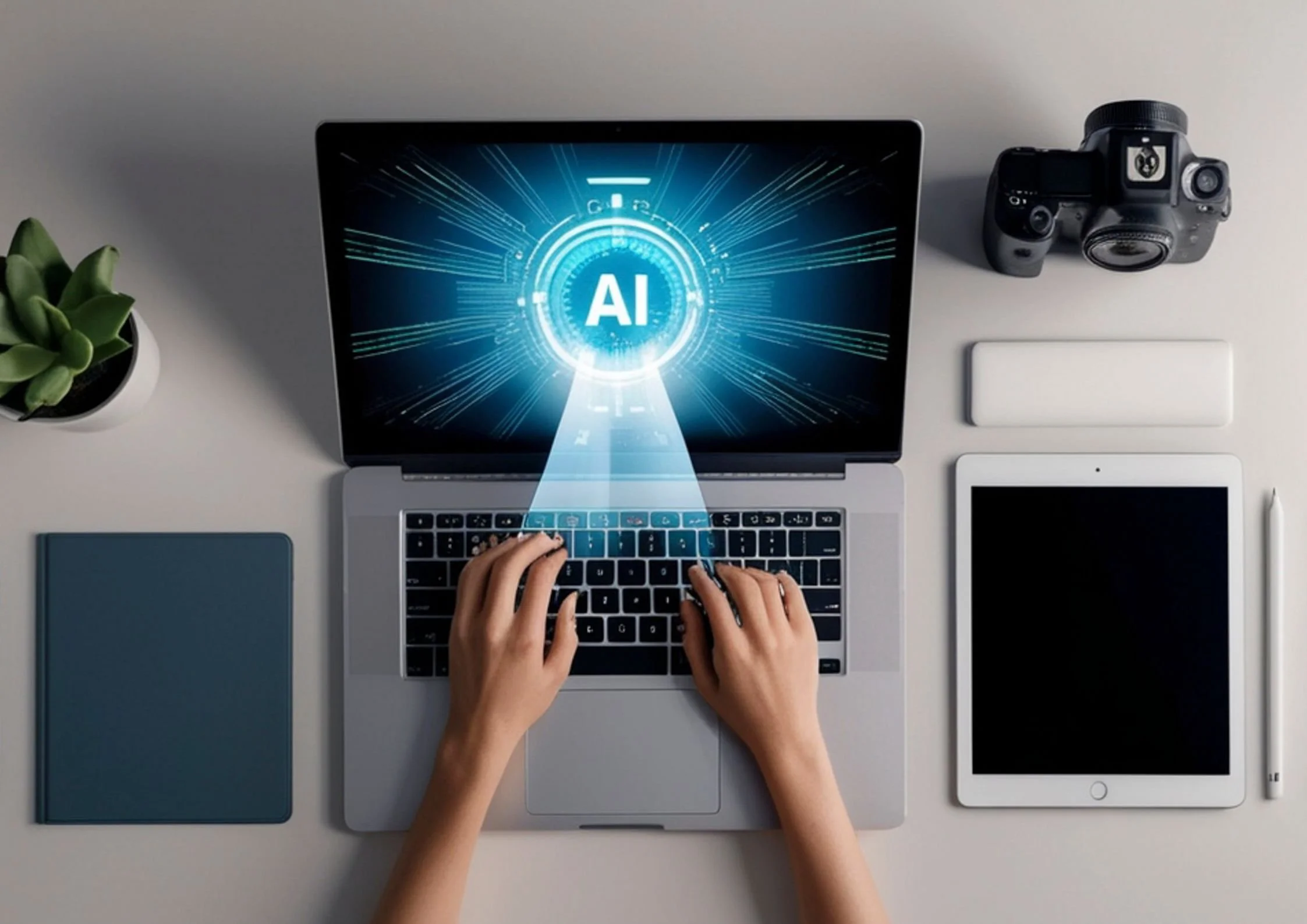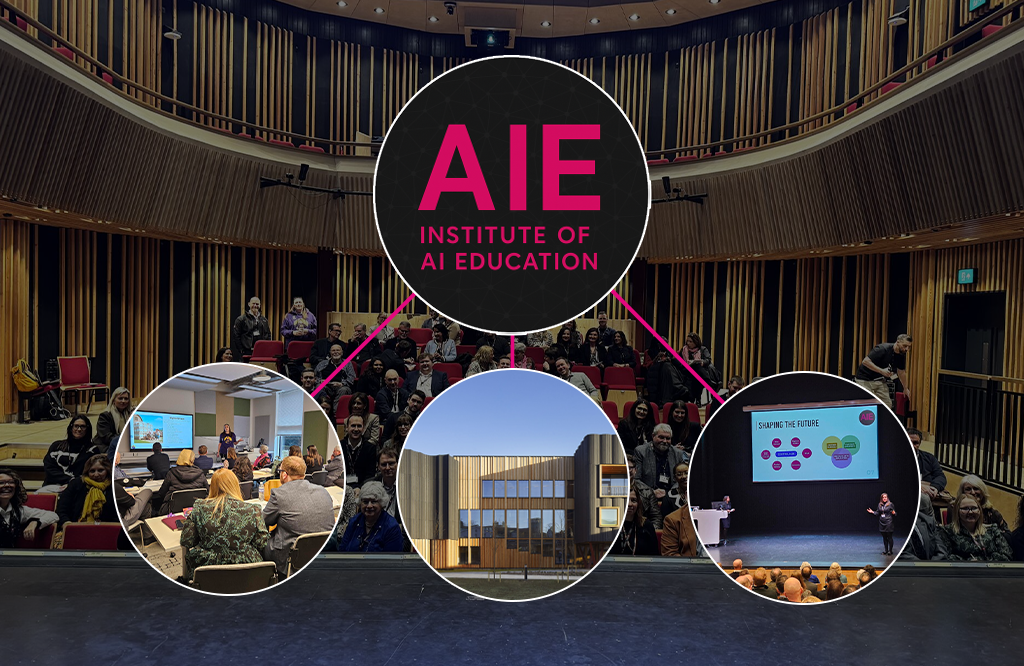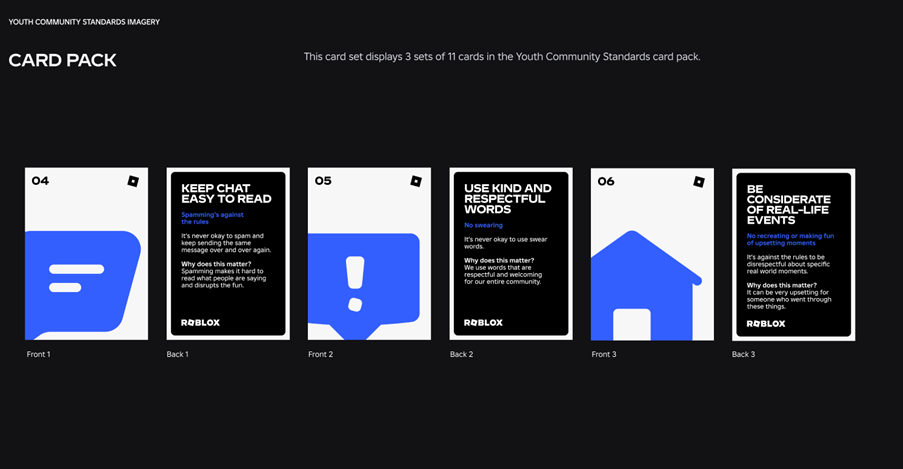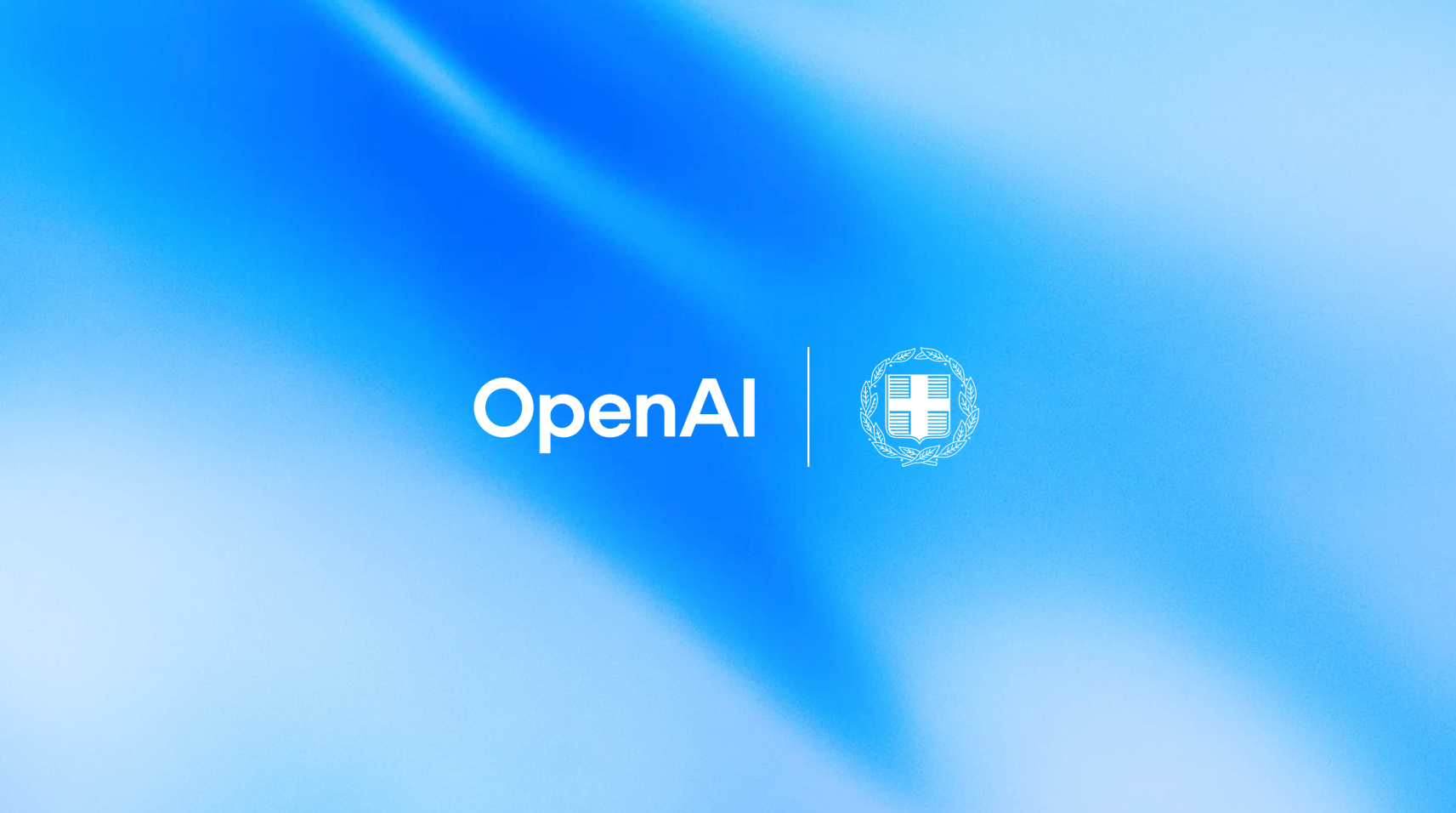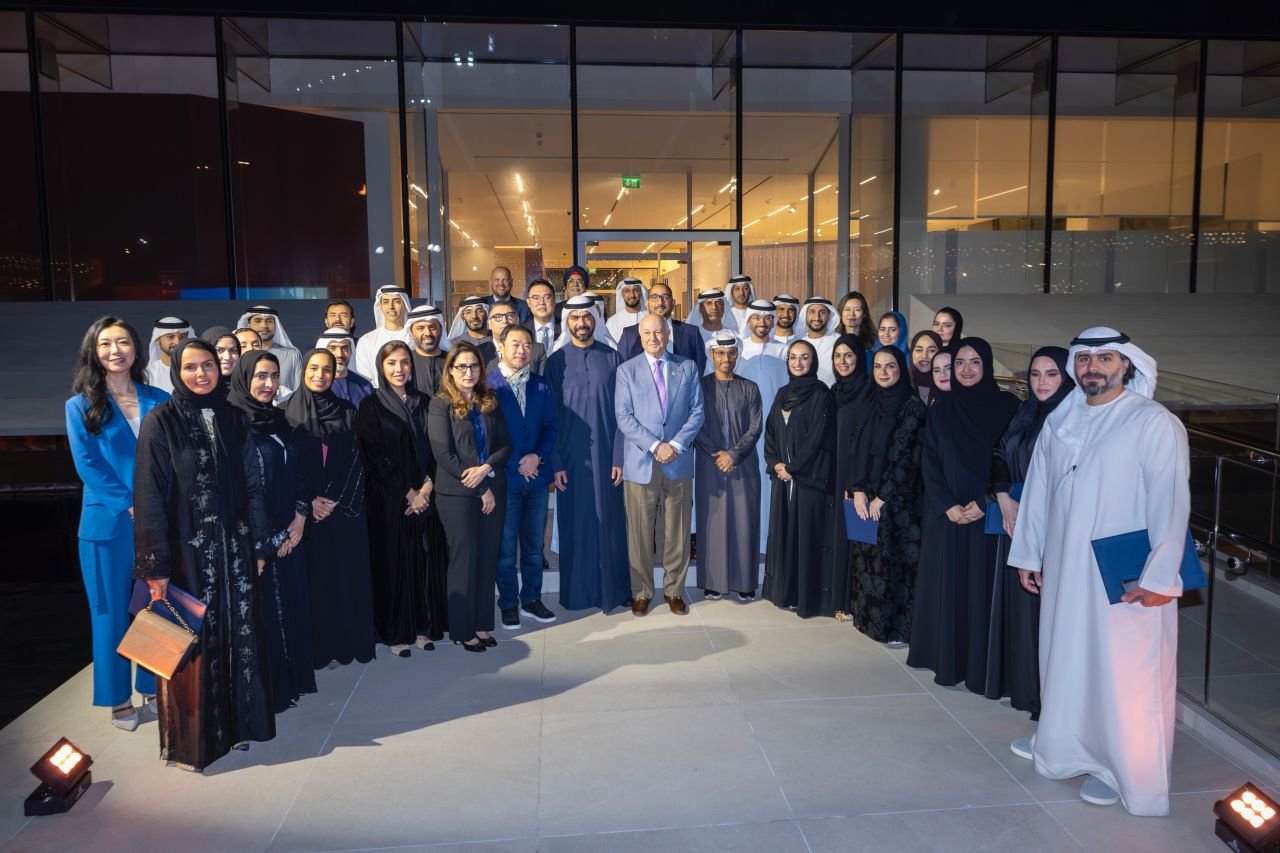AI revolution has exacerbated the data skills gap, costing billions, Multiverse research finds
The UK’s big push on artificial intelligence is exacerbating existing data skills gaps, costing the UK economy an estimated £61.94 billion annually in lost productivity, according to a report from Multiverse. This claims that workers are losing 27 days per year, more than 10% of their working hours, to inefficiency in data related tasks.
The report, which surveyed over 14,500 employees across 16 industries, maps out how data and AI skills could offer the critical bridge to translate record high technology investment into business growth and productive output.
Equating to 4.7 hours lost each week, the sizable data skills gap directly affects the UK’s ability to build the foundations needed to capitalise on AI. Without employees skilled in structuring, visualising and analysing data effectively, companies’ AI investments will struggle to come to fruition. Key findings include:
Over half of workers struggle with making data analysis more efficient (54%), and nearly half lack skills in data visualisation (49%) and using data to tell a story (48%).
The sectors most affected by the data skills gap are healthcare, defence and food and beverage, spending 41.2%, 38.8% and 38% of their time working with data inefficiently, losing 35, 35 and 40 days of productivity respectively.
Other key industrial strategy sectors are also lagging: financial services lose 32.5% (25 days) and digital and technologies lose 32% (22 days).
Data from the ONS shows that more than eight million UK employees work in knowledge intensive industries such as professional services, finance, and information and communications, which are highly exposed to data and AI disruption. The cost of the lost productivity for British companies could be up to an estimated £61.94 billion annually (based on the average salary of £65,428.48 per year for knowledge intensive sectors).
Meanwhile, AI adoption remains low despite the billions poured into generative AI technologies since the launch of ChatGPT, with McKinsey that just 1% of companies are at AI maturity. Multiverse data supports this: only 6% of employees are actively looking for ways to improve processes in their role with AI.
Workers estimate they could boost their efficiency by 38% using AI if equipped with the right skills. The report reveals that the AI skills required to succeed are evolving rapidly beyond basic prompt engineering, but the UK workforce is struggling to develop these next-generation capabilities:
23% of employees use generative AI tools like ChatGPT in their roles currently, while 95% of workers rated themselves as having “no or basic” Microsoft Copilot skills.
41% admit they lack the skills to identify where AI could add business value.
38% are unable to evaluate new use cases or implement practices to ensure fairness and transparency in AI algorithms.
Euan Blair, Founder and CEO at Multiverse, says: "The conversation needs to shift from 'what can AI do?' to 'what can our people do with AI?'. This should be a wake up call: the real barrier to AI adoption isn't the technology itself, it’s the capability of the workforce to use it. It’s like everyone’s got access to iPhones but they’re only using them to make calls. The strategic imperative is clear: invest in deep, role-specific training that empowers employees not just to use AI, but to innovate with it safely and effectively."
Despite the significant skills gaps, the report finds a workforce that is motivated to upskill. 91% of employees said they want to improve their AI skills, with 64% citing a desire to understand AI's potential and 22% wanting to ensure future career opportunities.
RTIH AI in Retail Awards
Our sister title, RTIH, organiser of the industry leading RTIH Innovation Awards, proudly brings you the first edition of the RTIH AI in Retail Awards, which is now open for entries.
As we witness a digital transformation revolution across all channels, AI tools are reshaping the omnichannel game, from personalising customer experiences to optimising inventory, uncovering insights into consumer behaviour, and enhancing the human element of retailers' businesses.
With 2025 set to be the year when AI and especially gen AI shake off the ‘heavily hyped’ tag and become embedded in retail business processes, our newly launched awards celebrate global technology innovation in a fast moving omnichannel world and the resulting benefits for retailers, shoppers and employees.
Our 2025 winners will be those companies who not only recognise the potential of AI, but also make it usable in everyday work - resulting in more efficiency and innovation in all areas.
Winners will be announced at an evening event at The Barbican in Central London on Wednesday, 3rd September.
This will kick off with a drinks reception in the stunning Conservatory, followed by a three course meal, and awards ceremony in theGarden Room.
Please email our Editor, Scott Thompson, if you have any questions or need further information: scott.thompson@retailtechinnovationhub.com
Key 2025 dates
Friday, 18th July: Award entry deadline
Tuesday, 22nd July: 2025 finalists revealed
Wednesday, 23rd July - Friday, 8th August: Judging days
Wednesday, 3rd September: Winners announced at the 2025 RTIH AI in Retail Awards Ceremony, to be held at The Barbican in Central London.


